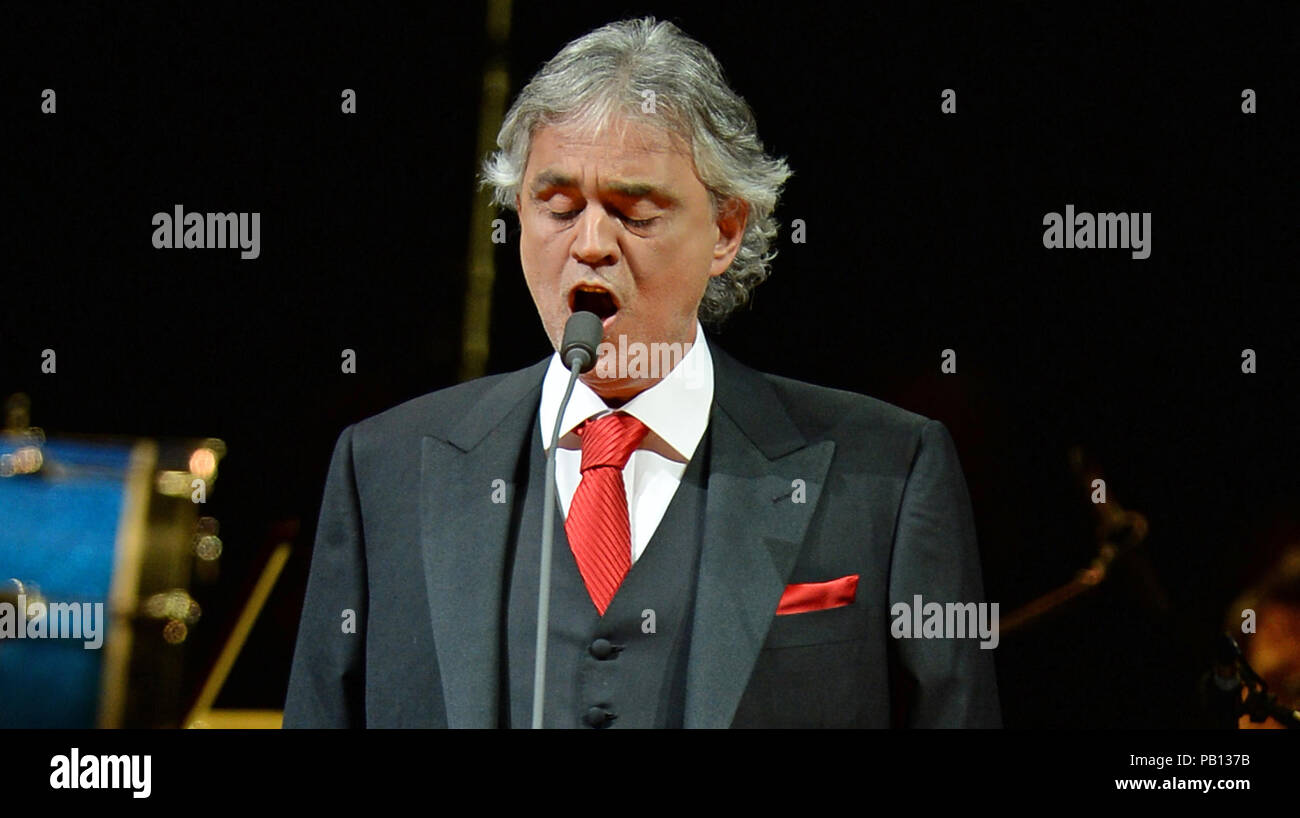
These two have some vocal traits in common and should blend well, but here Brightman has a tendency to sing the English lines with an affected Italian accent. The concluding duet with Sarah Brightman - Time to Say Goodbye (Con Ti Partirò) - is forced. He steered clear of his top register, using it only for occasional climactic effect, and mostly what he does here is all about the microphone - he's a romantic crooner, and in that role he can stand with anybody else on the market today. Part of what appealed to Pavarotti may have been the consistent craftsmanship of the songs here Pavarotti himself later recorded the evocative Caruso. (The story of his reception would be worth some student's time to explore in depth.) It's worth remembering that Luciano Pavarotti's oft-cited endorsement of Bocelli referred to this stage of his career, not to his operatic ventures. It was only later that Bocelli began to move into operatic territory - a decision that brought down the wrath of much of the operatic community but also raised his international profile considerably. There is no controversy about whether Bocelli was a competent opera singer here, for there are no operatic arias, and not even any of the Neapolitan songs that he later essayed in American appearances - all the music is contemporary, heavily string-enveloped (mostly) Italian pop. At this point the blind Italian tenor, although trained in opera, was unabashedly a pop singer, just like the many other pop singers who have benefited from classical vocal training at one time or another.


This 1996 disc compiles music from the beginning of Andrea Bocelli's career, with tracks going back as far as 1992.


 0 kommentar(er)
0 kommentar(er)
